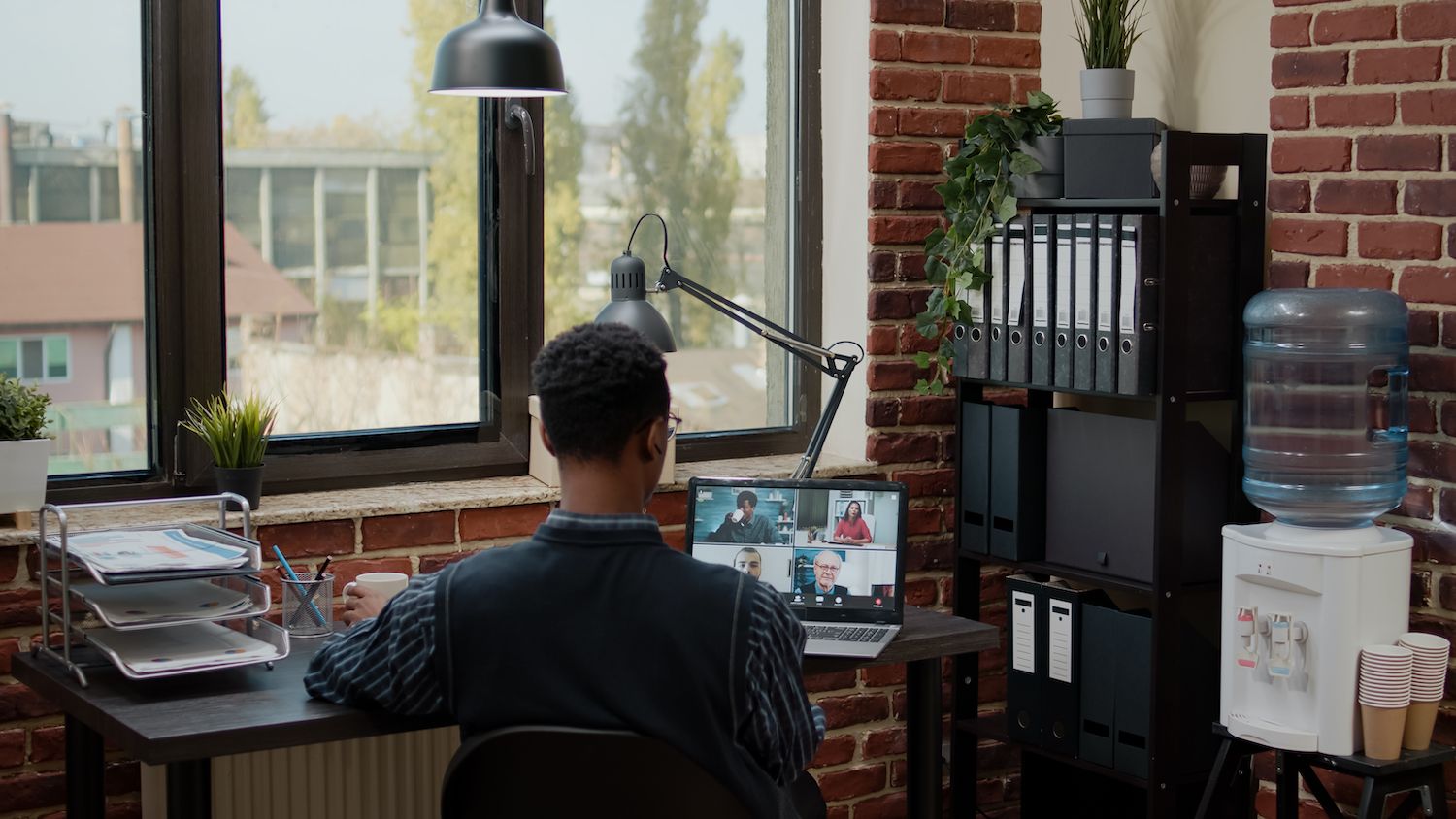Terms

"JoClub is the acronym for Journaling Club, but also makes sense because of my name." Jo Franco begins. "When I started writing, I realized that I had big feelings and I had older siblings who didn't want to hear that. Thus, I started writing."
"I grew up undocumented, in hiding, speaking Portuguese and learning English by tripping through," she relates. "I learned a bunch of different languages as I was obsessed with being understood. At the same time, I felt disregarded because I was one of the few kids. My appearance was different from everyone around me. I was the youngest kid therefore I had this quiet voice, and a quiet personality.
"Of course, it's easy for me to see in the future that's what it was however, in the moment, it was just agony of being misunderstood?' and so most of us experience the same thing."
Fortunately, Jo had the tool of journaling: "I had a more compassionate relationship with myself, being able to observe without judgement. I wrote about all this negative stuff, but I'm aware that good things were happening throughout my life. I was able to modify my writing, not just what I had written and then, in a bizarre way, reverse engineering how I see things because I was looking for positive stories. I would have to observe positive aspects to find positive things for writing about. I became a more positive person. This tool saved me."
Making sense of the situation
Going to university at the University of Manhattan, Jo was overwhelmed by the number of voices she had to compete with. But she found much-needed space in her journal. "It didn't matter if I resided living in the States or traveling in other countries, I always used this journal to allow me to return home to me.

"My "why" gives people that same confidence of "You're got this, no matter how ugly the circumstances happen. And not only can you help yourself emotionally, but it's also lovely to write down your journey by writing it down. In doing so you can show a tiny gesture of appreciation that it actually was happening in the first place. You'll always fit in your own skin and in your own mind."
"There's science that backs this assertion," she continues. "There were studies conducted on writing as a form of medicine. People who record their gratitude, will feel more grateful."
"Give your mind the alleviation. Take the weight off your shoulders and place it on the page. If you write about negative events, you allow yourself distance, which allows you to process it with the least emotional response. We can be sucked into a frenzy by emotions. They're the source of everything; at the source of confidence, at the root of charisma, that is the reason for entering a room and being able to attract goodness."
"Maybe it's a member"
Jo was certainly many positive things by 2020. With her YouTube channel, which has more than a million subscribers she was getting paid to travel. "I was living this exciting, public life, but in the background I was writing. It was what I really wanted to do the only thing I did was writing."
In January of 2020 she landed her first Netflix task as anchor for The World's Most Amazing Vacation Rentals. "It led me off of YouTube and into the traditional way of presentation. If anybody's experienced being on a set, they know these hours are very long. There are 16-hour work days, and there's a lot of 'Hurry up and then wait'. It's time to get ready: makeup, hair all finished. You have your lines to draw in your mind, and then they're like, "No, just kidding We need to stop'!"

In all of those pauses often lasting for long periods, Jo would write. "Writing was something I loved which is why I wanted to make it into a career." As covid became popular and the show stopped her primary source of income stopped.
"I was anxious, as was everyone other. I decided to share photos from my journals. It was 100 days later and I was journaling with the world on Instagram Stories. I decided, 'Hey, maybe this is something that could be a membership - perhaps users would want to join in a virtual room together and journal as a group. This was the way JoClub was born. It was just 4 years ago. Which is crazy!"
During this Netflix series, Jo realized that journaling was a lens through her eyes that she observed the world. "It was deeper than just an interest. If you're on the road for two days, you're really exhausted. It's easy to get caught up in something completely unrelated with the things you're being payed for.

"You realise, this is the way I see the world. This is how I think of this world. This is a lifestyle. This was clear for me to put aside all other things, the only thing they cannot take away from me is writing. I wanted to incorporate that into my next chapter in my career."
Making something greater than her own
Jo threw herself into her project. "I posted three videos a week in three different languages. I had to hire employees, then dismiss them. I was able to learn how to create a content machine."
But something needed to change. "I wanted to not be working. If you're tired or burnt out, as is the norm for creators, you're not going to be able to make money. I realized that, if this is an occupation I'm planning to continue for a long time I'll need to figure out a way to remove my face from some of opportunities to earn money."
Jo wanted to create something larger than her. Journaling clubs began at the beginning of Zoom: "The membership started at $29 per month and the benefit was one monthly live chat and I'd send out daily journal prompts to everybody's email inbox."

She was looking to create an experience similar to a yoga class. Two instructions, followed by an open discussion, and then two more prompts and then breakout rooms. "It became IP (intellectual property)," she recalls. "After the period of six months I began asking myself: can I educate facilitators on how to conduct these events? Indeed, will facilitators help enrich JoClub in ways I never could? They would like to "extract the good" and work alongside the facilitators, some of whom were JoClub members, to develop the art journaling form and a "bring your own song' for budding musicians as well as other similar activities.
"Now we're hosting six or more sessions per month, and I'm hosting as many as I want," she continues. "Beautiful events that I could never have imagined started happening such as retreats I organize and I conducted a pilot project at the university, and now we're working on different problems. It wouldn't have been possible to do this if I had kept it in Jo Franco's circle and me as the leader."
Culture and community
"An important aspect about the membership model is that it creates an atmosphere," she adds. "If you pay for a membership and they're entering your house, and then you're able to design your home in the way you want." Jo and her team have researched ways to build more lively threads so "people are talking in the areas of the community, and they're feeling like they're getting their money's worth."

"It's what differentiates an audience and a membership," she adds. "An audience is likely to interact with what you're posting and it's not actually a conversation. When I upload videos and people leave comments on it, I'll respond in a forum, however with a community that I'm curating, I'm involved in the actual architecture of what happens from the moment they sign up to the group."
Jo has thought several times about the process of onboarding and the way to handle the newcomers. "How do we mitigate that new member who walks into the room feeling like they're not a part of the community? That is when you start to dial in on the curation of culture and that's why members stay for a long time."
It's not easy. "It's an art that you have to be passionate about in order to keep improving since a member's membership is a living thing. If you don't listen to what's happening then you'll be losing all your members."
It is clear that Jo has brought the empathy and self-awareness that she has gained through her journaling into the way she manages her membership. Actually, she believes journaling brings a self-awareness we're not taught as kids: "We're not given tools to deal with emotions. You have tools to save yourself when you feel you're sinking. I didn't understand these benefits. It was just a wonderful leisure activity. As I got older, I realized, "Damn! this has been my secret'!"

When people ask 'Jo, you're only 30, what did you do everything? I just journalled about it and everything went well," she smiles.
More details
To read more details about Jo Franco and to become a member of JoClub to join, head over at joclub.world.
